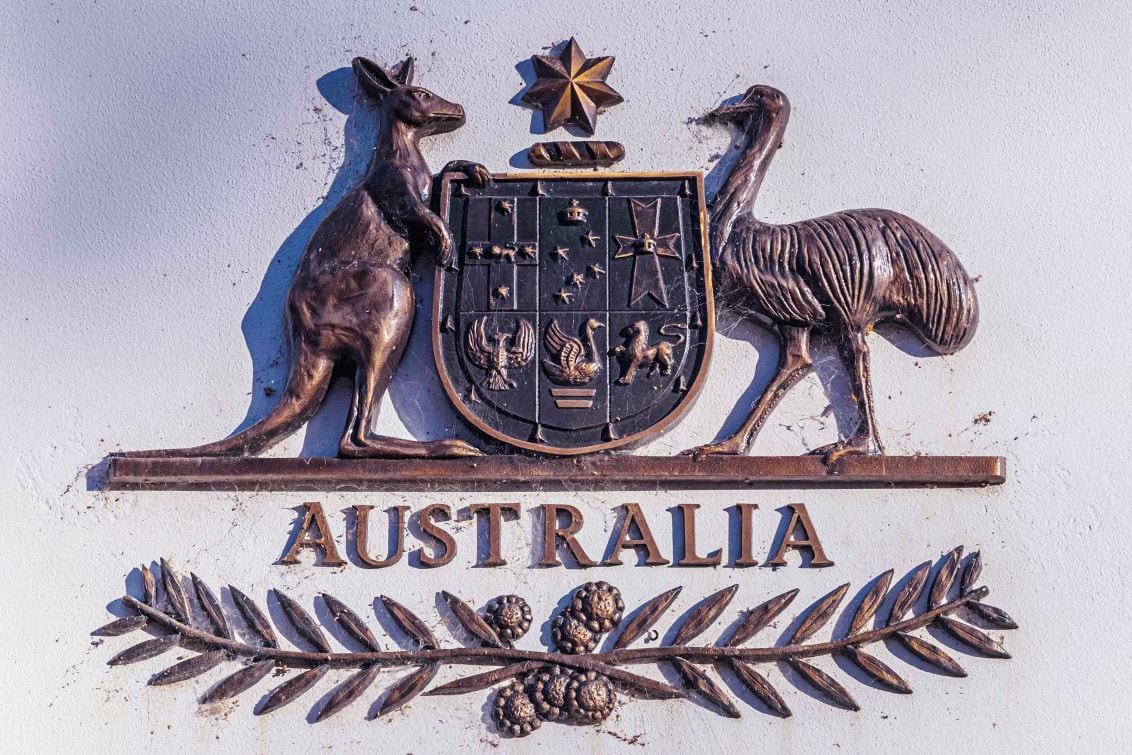|
Getting your Trinity Audio player ready...
|
Australia has become the latest country to pursue a more formal regulation of the cryptocurrency sector, as lawmakers eye up a new bill to extend existing anti-money laundering provisions.
According to a statement published this morning by the Ministry of Justice, a proposed new bill will look to bring cryptocurrency exchanges under the remit of the Transaction Reports and Analysis Centre, the primary organisation tasked with financial intelligence and regulation.
According to officials, the bill aims to bring digital currency exchange providers under the same jurisdiction as regular financial exchanges, increasing the range of enforcement methods available for ensuring compliance with the relevant regulations.
“The bill will … close a regulatory gap by bringing digital currency exchange providers under the remit of AUSTRAC; strengthen AUSTRAC’s investigation and enforcement powers; increase police and customs officers’ search and seizure powers at the border; and provide regulatory relief to industry through the deregulation of low-risk industry sectors.”
The move comes at a time of changing attitudes in Australia over cryptocurrencies. Earlier in the year, lawmakers voted to end an anomaly in the tax system, which saw cryptocurrency transactions subject to double tax treatment.
With the current law only a proposal stage, some analysts are already spying problems ahead, with lawmakers far from unanimous on how best to approach regulation.
While there is strong support for extending the current anti-money laundering regulations, some lawmakers are expected to put up resistance when the proposals reach debate stage.
The current proposals stem from a report released back in 2016, in which the government discussed a range of new financial technologies, exploring the potential regulatory changes necessary to fulfil their obligations in a changing commercial environment.
They come at a time of increasing scrutiny for the cryptocurrency markets, with several national governments actively in the process of considering new laws or amendments to existing laws to introduce regulatory oversight into the sector.
Russian lawmakers this week suggested their legislative proposals could be postponed for a second time, citing the need to gather more evidence in an ever-changing environment, and the lack of consensus amongst lawmakers as to how best to draft legislation.
While the Australian developments are no doubt a step forward for fans of greater regulation, it remains challenging for lawmakers striving to develop a coherent, viable legislative approach.

 02-24-2026
02-24-2026 




